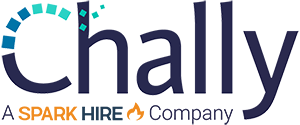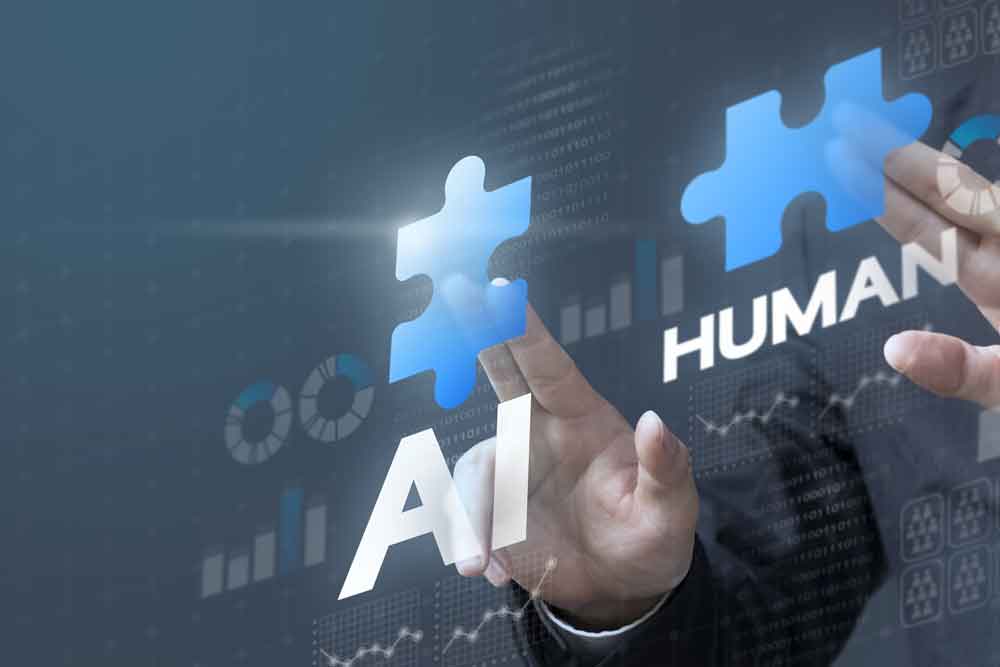Welcome to the Innovation Economy: How AI is Helping Recruiters
“Someday, robots are going to take over the world and there won’t be any jobs left.”
How many times have you heard someone say this with a hint of doom and gloom in their voice?
According to a survey conducted by Oxford University’s Center for the Governance of Artificial Intelligence (AI), many Americans dread a future where AI gets too smart — so smart that they have a hostile takeover.
When asked what kind of impact this machine intelligence would have on us, 34% believed it would be harmful, and 12% said it would be “very bad, possibly human extinction.” While on the flip side, only 27% expect a positive outcome, 21% think it will be business as usual, and 18% don’t know enough.
This is the age of disruption, and in the age of disruption, there’s a mix of competing priorities.
Not only does the idea of industry convergence factor into the question, but the way organizations hire talent is shifting as well.
Employers are moving away from a traditional “buy and hold” approach, to a more flexible, agile version based on project work and a variety of non-traditional worker types.
Change is inevitable, and the rate of change is tremendous. However, AI promises to make us more human, not less. It calls for an investment of time and energy on our part to stay present to our needs and how these changes will empower us to be more productive and experience more joy.
First, let’s look at what AI and Machine Learning are not.
AI is the broader concept of machines being equipped to complete tasks in a way humans consider “smart.” Machine learning is an application of AI, based on the belief that we should be able to provide machines access to data and set them off to learn for themselves.
If you’ve ever deposited a check into your bank account using your smartphone, turned on an email spam filter, or received suggestions from Netflix based on the shows you binge, you’ve used both AI and Machine Learning. These technologies are becoming part of our everyday lives without us even realizing it — until now.
All we know is that our lives are getting easier and we’re excited to have more time to work, play, or travel.
AI isn’t robots, nor is it an evil threat to humanity. It doesn’t have the same needs or emotional drive because there’s no reason for AI algorithms to be created this way.
And, most importantly, AI isn’t general intelligence that will replace people (in our lifetime anyway.)
Artificial Intelligence is here to help, not hurt.
The data, in its different forms, serves sales recruiters by enhancing our ability to perform our jobs.
AI is here to help the sales industry do more — not less.
This technology is designed to give us more time for what’s important to us and our customers. Some tools and insights can make selling easier, but in the past, these things have been either manual processes or painful at best to apply a systematic approach.
To learn more about AI in sales, read Tracey Wik’s article, Don’t Fear the Robots: Why Sales Teams Should Celebrate Artificial Intelligence.
AI offers the possibility of bringing discipline to recruiting. These capabilities allow for greater productivity.
Think about how much time recruiters spend checking off tasks that aren’t directly tied to bringing talent in the door — collecting market intelligence, understanding how to advance the candidate through the hiring process, and actions that determine if they’re qualified or not.
AI allows for the insights to be automated and more accurate, faster-freeing recruiters up to spend the time doing what they like to do most — delivering value to their clients.
It’s understandable to be apprehensive about AI if you focus on the question, “How can this make my life better as a recruiter?” But, you’ll discover insights that will lead to greater efficiency and effectiveness.
Recruiters and hiring managers, globally, shared that AI is a bold disrupter, and is helping them save time (67%), remove human bias (42%) and deliver the best candidate matches (31%). Respondent also said that it’s most helpful when sourcing candidates (58%), screening (56%), and nurturing candidates (55%).
HR will continue recruiting talented salespeople for the future. Here are some skills that we need humans to detect:
- Creativity – The ability to come up with novel ideas and innovations
- Curiosity – Asking questions and seeking new information
- Collaboration – Working closely with a team to solve problems together
- Compassion – Taking time to care about the person beyond the interaction
- Critical Thinking – The ability to take ideas and apply them in a practical context
These are all qualities that machines are currently unable to detect and judge. We still need recruiters to assess the individual qualities and what makes candidates unique.
Technology, including AI, is here to make us better at our jobs and give us more time to focus on building our strengths and connecting with one another.
If you enjoyed this article, you may also like these:


